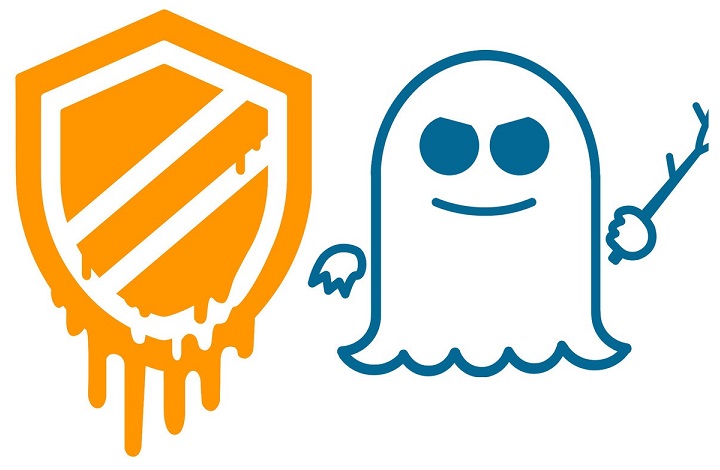
Your computer before 2016? You can't count on much!

It is misleading to note that the case could even come in handy for Microsoft in the “fight” against Windows 7.

Microsoft is receiving more and more feedback about the security incident that has been raging the Internet for days, so of course we know significantly more than in the early days. Experts at the Redmond giant have found that the first variant of Meltdown and Specter (CVE 2017-5753 and CVE 2017-5754) is more modest, and even the second version of the latter gap (CVE 2017-5715) can cause a much more pronounced slowdown on users ’computers. Intel is involved in all three, AMD is only the first Specter to the best of our knowledge haunts. In addition to the above, Microsoft has summarized what to expect from the fixes:
- Windows 10 with a newer CPU (Skylake, Kaby Lake, or later) usually produces a single-digit slowdown, most users probably won’t see the difference because it can be measured in milliseconds.
- The same operating system with an earlier vintage CPU (Haswell 2015 or older) will produce a greater deceleration at some points, and many will perceive that the computer is running at a more comotic pace.
- The situation is even worse with Windows 8 and the popular Windows 7 (!). Here, with pre-2016 processors, most users will experience noticeable, presumably severe millisecond power loss.
- Windows Server, especially in IO-intensive applications, can show significant slowdowns with all Intel-made processors. Here, it may be worth considering the relationship between potential security risk and speed loss.
Microsoft explained the above by saying that pre-Windows 10 systems use system calls more often, so they understandably have a better understanding of when adverse changes are made in this regard. The other reason is around Intel’s house, because of Skylake’s more advanced architecture - speculative execution is much more controllable - it will survive the repair tsunami with a more modest performance penalty.
Importantly, cumulative update KB4056892 (which would resolve the Specter / Meltdown issue) is an older On AMD machines showed serious side effects and was therefore temporarily withdrawn. According to the news, the main stakeholders are the K8 architecture, namely the Athlon 64 and Athlon 64 FX.












